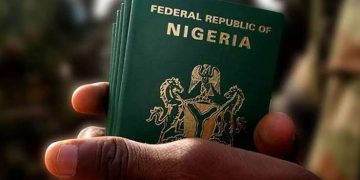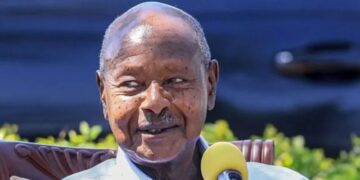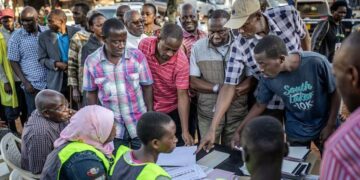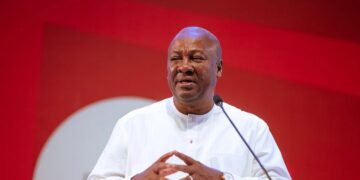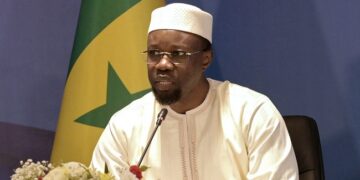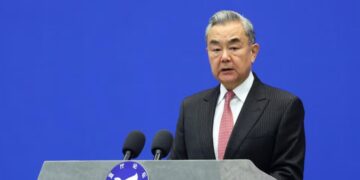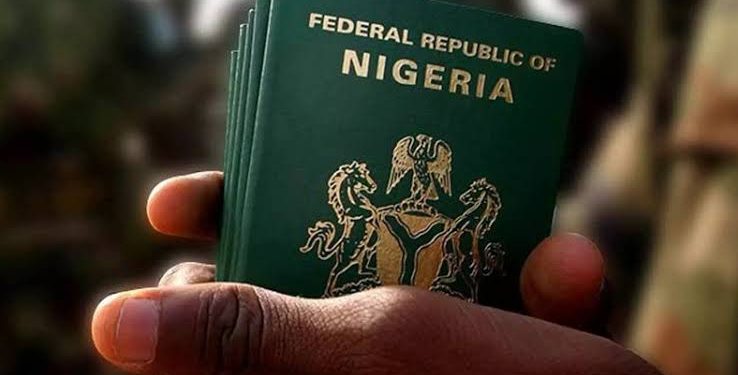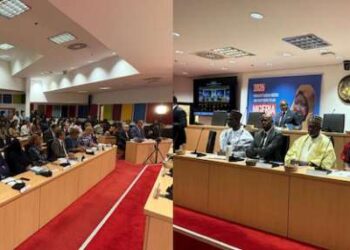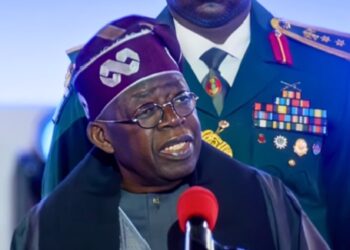In a move that could significantly impact Nigerian travellers, the United States has drastically reduced visa validity periods for most Nigerian applicants, cutting access from multi-year, multiple-entry visas to single-entry, three-month permits effective July 8.
The changes are sweeping. Nearly all non-immigrant visas such as B1 and B2, F1, and other categories, along with non-diplomatic visas, will now permit just one entry within three months. This is a sharp downgrade from the previous two-year, multiple-entry visas. All applicants must now submit social media handles for screening of what officials describe as hostility toward U.S. values, government, or citizens. The U.S. State Department claims the move aligns with Nigeria’s own three-month, single-entry policy for American visitors.
While the U.S. insists the change is part of a global reciprocity review, analysts suggest deeper tensions are at play. Overstay concerns are a longstanding issue, as Nigeria has been flagged for high visa overstay rates in the U.S. Security cooperation gaps also factor in, with Washington pressing for better data sharing on criminals and more secure travel documents. Some observers, including ex-Buhari aide Bashir Ahmad, argue the move is retaliation for Nigeria’s BRICS outreach, pointing to President Tinubu’s recent warm reception in Brazil.
The impact on Nigerians will be substantial. Students could be especially affected, as Nigeria is the seventh-largest source of U.S. international students, up 13.5 percent in 2024, and many will now face renewal hurdles. Business travelers who once relied on longer-term visas must reapply for each trip, increasing costs and delays. The short validity could also deter tourism, affecting diaspora reunions and medical visits.
The Nigerian government has responded, describing the move as concerning and inconsistent with the spirit of reciprocity and mutual respect.
In a statement, the country’s ministry of Foreign Affairs stated that the restriction would unfairly burden travellers, students, businesspeople, and families. While recognizing America’s sovereign right to set immigration policies, Nigeria urged Washington to reconsider the decision and emphasized that diplomatic discussions were underway to seek a fair resolution.
Meanwhile, the U.S. says the policies remain subject to review if Nigeria improves in several areas, including document security such as passport fraud prevention, overstay enforcement, and criminal data sharing.
